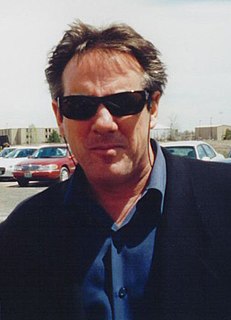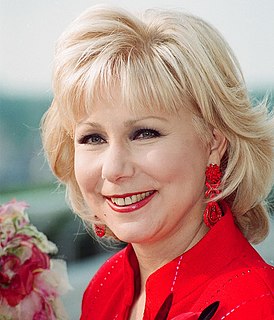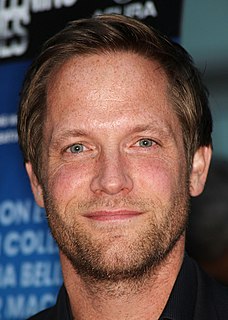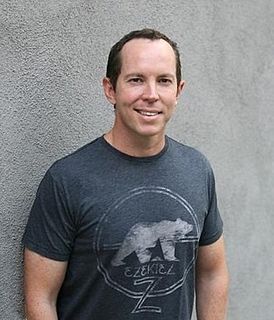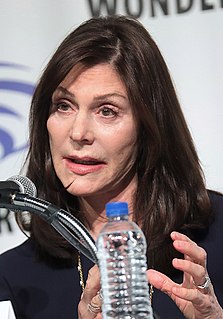A Quote by Mitchell Hurwitz
The "executive producer" title either means that you're the person who created, or co-created, the show, or you're the person who's in charge of day-to-day operations. Whereas "producer" is often just a writing credit.
Related Quotes
And often when things turn to TV series there are so many different people with different agendas that things can morph. And so, you know, that was why having the executive producer title was important to me because even if I was the star and I had a concern, you know, that concern would only go so far. But having the title of executive producer actually makes them have to actually listen to me complain.
Being the executive producer of a film is not that difficult. It just means that you have some power. There's not a huge amount of skill involved, I don't know how much I'm giving away here. I feel like that guy on Fox, giving away the magicians' tricks. It's not rocket science, being an executive producer of a film.
A "showrunner" as a position is a relatively new thing. It used to be the executive producer. That's not true anymore. Now it's evolved into this model where people look to showrunners and say, that guy is that show. It's just become a lot more interesting to know the showrunner and to get a sense of that person.





